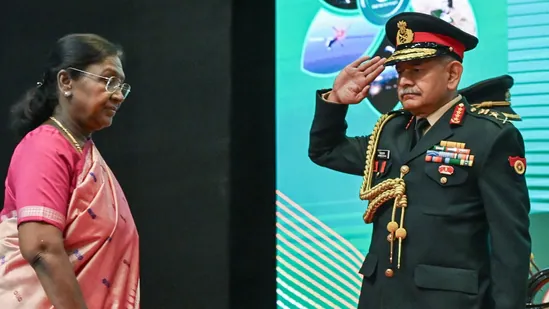The controversial LinkedIn status of a content writer in Delhi who compared the work culture in India and Europe has caused a nationwide discussion of the problem of the work trust, work-life balance, and the changing professional expectations.
The Post on Viral LinkedIn, Which All began with.
One of the European firms shared a screenshot of a group work chat which was in one of the European companies and was provided by Anushka Sharma, a content writer at Delhi. A single worker in the chat suggested to the rest of the workers that they were going on vacation to have their children and the other simply said that they could not turn up to a meeting.
This is the transparency that is common in the European workplaces. But apparently it may not be a good thing to export something of the sort in India as computed by Sharma. Her post was heard because it became viral within several hours because the attitude at the workplace was sharply contrasted by thousands of professionals.
The Indian offices: Culture, and Online, 24/7.
In her post, Sharma was reminiscing the fact that Indian culture of work sweeps to glorify overwork. Remaining online is regarded as a diligent person. Working late means loyalty. Burnout = commitment, it wrote. She stated that they should not be under constant supervision because the employees work better when they are respected and empowered.
Her songs appealed to the conscience of many individuals who admitted that they felt guilty when taking breaks. One of the commenters has mentioned that the society has evolved in such a way that rest ought not to be a privilege or a right.
European view of rest and Productivity.
Sharma related that to the European work place which considers the personal time as a component of productivity, but not rest to productivity. “In Europe, rest is a necessity. It is luxury, I said to her in India.
She urged the Indian professionals to discuss the personal time on a regular basis. The next time somebody tells you that he or she is going out on a few days off, do not roll your eyes but just tell him that, Good for you, she concluded.
Internet Divided On the Comparison.
Even though majority of LinkedIn users have praised Sharma because of his honesty, there were people who felt that the comparison was out of context. One commenter noted that the ecologies of work of India and Europe were the complete opposite of each other. Population, systems and competition define behavior. We have to accept change in our realities, rather than comparison.
Some of the users proceeded to positively testify of caring Indian bosses. The day before my notice date, my boss recommended that I should be in attendance at the convocation of my brother. Culture is not a system dependent phenomenon like that perceived by an individual.
A Broadened Discourse of Work-Life Balance.
Sharma has also created a major controversy with her LinkedIn article on work-life balance despite the fact the issue has been met with mixed reactions: cultural pressure has set the profile of productivity.
Practitioners in other quarters are seeking more compassion and work flexibility. Since burnout is a silent epidemic, individuals believe that it is time the Indian workplaces started perceiving rest the same way items are to be appreciated as much as the outcomes.
These relationships may lead to happier organizations and employees through the development of trust, promotion of independence, and boundary-setting. The post made by Sharma is quite basic but has left a lot of people thinking about what exactly it means to be productive.





